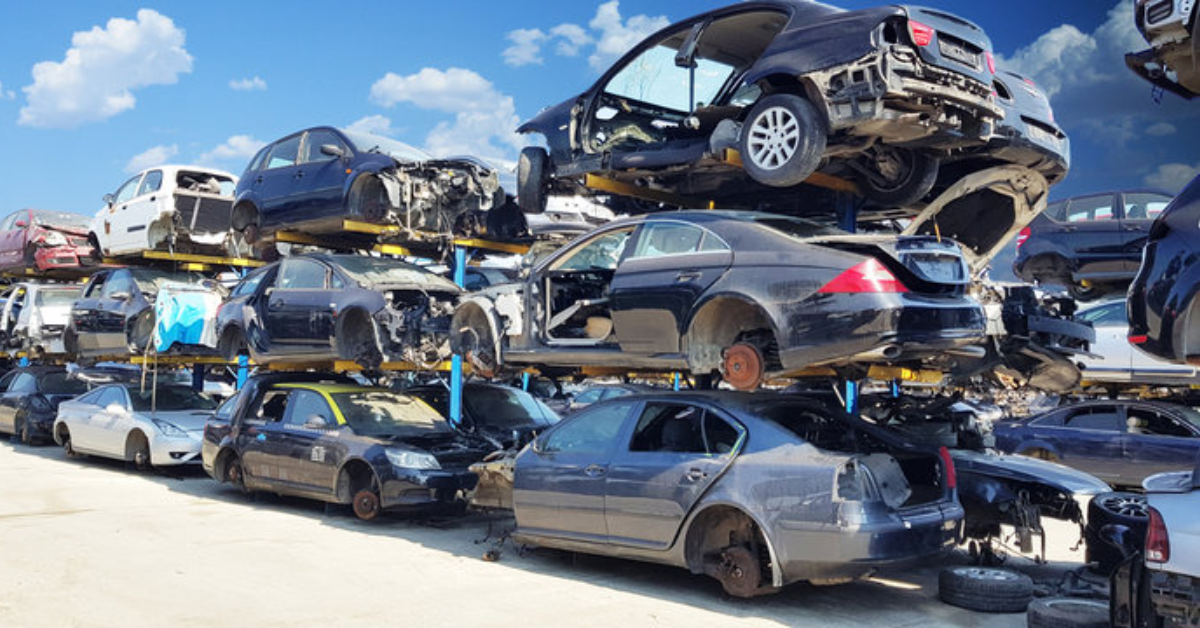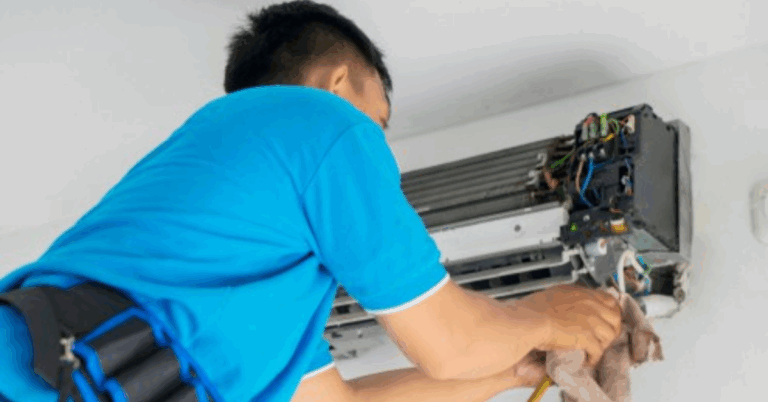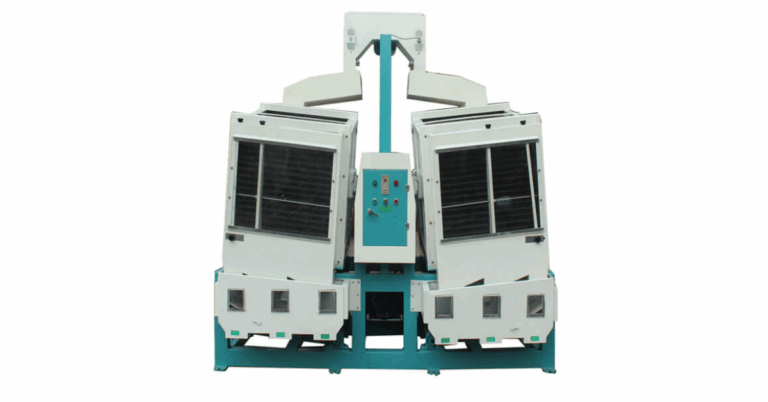Scrap Car Singapore: A Comprehensive Guide to Deregistration and Disposal
If you’re considering Scrap Car in Singapore, it’s essential to understand the process, regulations, and options available to ensure a smooth and compliant experience. Whether your vehicle’s Certificate of Entitlement (COE) has expired, or it’s no longer roadworthy, scrapping is a responsible choice.
Understanding the Need to Scrap Your Car
In Singapore, vehicles are required to be deregistered after 10 years unless the owner opts to renew the COE. This regulation ensures that older vehicles are either renewed or properly disposed of, promoting environmental sustainability and road safety. When a vehicle is no longer viable for road use, scrapping becomes the most straightforward and environmentally responsible option.
Step-by-Step Guide to Scrapping Your Car in Singapore
1. De-registering Your Vehicle
The first step in scrapping your car is to de-register it with the Land Transport Authority (LTA). This process officially removes your vehicle from the road records. To de-register:
-
Ensure all outstanding road taxes and fines are cleared.
-
Log in to the OneMotoring portal using your SingPass.
-
Navigate to the “Deregister a Vehicle” section and follow the prompts.
-
Choose the option to scrap the vehicle at an LTA-appointed scrapyard.
-
If you’re not the registered owner, you’ll need authorization from the owner to proceed.
Once de-registered, you’ll receive a Deregistration Acknowledgment Letter and a Deregistration Certificate. These documents are crucial for the next steps.
2. Encashing PARF and COE Rebates
Depending on your vehicle’s age and COE status, you may be eligible for rebates:
-
PARF (Preferential Additional Registration Fee) Rebate: Applicable if your car is less than 10 years old.
-
COE Rebate: Based on the remaining COE period at the time of deregistration.
To encash these rebates:
-
Log in to the OneMotoring portal.
-
Navigate to the “PARF / COE Rebate” section.
-
Select “Apply to encash rebate” and follow the instructions.
-
The rebates will be credited to your bank account within 2 to 4 weeks.
3. Choosing a Scrap Car Dealer
Selecting a reputable scrap car dealer is vital to ensure a fair valuation and smooth transaction. Consider the following:
-
LTA-Approved Dealers: Ensure the dealer is authorized by the LTA to handle vehicle scrapping.
-
Reputation and Reviews: Research customer reviews and testimonials to gauge reliability.
-
Transparency: Choose dealers who provide clear terms and conditions without hidden fees.
Some dealers offer additional services like free towing and immediate payment, which can add convenience to the process.
4. Vehicle Valuation
Upon contacting a scrap car dealer, they’ll assess your vehicle’s value based on:
-
Model and Make: Certain brands and models have higher demand for parts.
-
Condition: The overall state of the vehicle, including the engine, transmission, and body.
-
Market Demand: Current demand for spare parts in the market.
It’s advisable to get multiple quotes to ensure you’re receiving a fair price for your vehicle.
5. Finalizing the Transaction
Once you’ve agreed on a valuation:
-
Sign the Agreement: Ensure all terms are clearly outlined in the contract.
-
Transfer Ownership: The dealer will handle the transfer of ownership with the LTA.
-
Receive Payment: Payment is typically made promptly, often on the same day.
Retain copies of all documents for your records.
What Happens to Your Scrapped Car?
After scrapping, your vehicle undergoes several processes:
-
Depollution: Removal of hazardous fluids like oil, coolant, and fuel.
-
Dismantling: Salvageable parts such as engines, transmissions, and electronics are removed for resale.
-
Recycling: Remaining materials like metals and plastics are processed and recycled into new products.
This comprehensive approach ensures minimal environmental impact and promotes sustainability.
Alternative: Exporting Your Vehicle
If your vehicle is still in good condition but you wish to dispose of it, exporting might be an option. Some dealers specialize in exporting vehicles to countries where there’s demand for used cars. This route can sometimes yield higher returns compared to scrapping.
However, exporting involves additional paperwork and compliance with both local and international regulations. It’s essential to work with experienced dealers who can navigate these complexities.
Environmental Benefits of Scrapping Your Car
Scrapping your car responsibly offers several environmental advantages:
-
Reduction in Pollution: Older vehicles often emit higher levels of pollutants.
-
Resource Conservation: Recycling car parts conserves raw materials and energy.
-
Waste Minimization: Proper disposal prevents hazardous materials from contaminating the environment.
By choosing to scrap your car, you’re contributing to a cleaner and more sustainable environment.
Conclusion
Scrapping your car in Singapore is a straightforward process when approached methodically. By understanding the steps involved and selecting reputable dealers, you can ensure a hassle-free experience. Always prioritize environmental responsibility and compliance with local regulations to contribute positively to the community and the planet.







